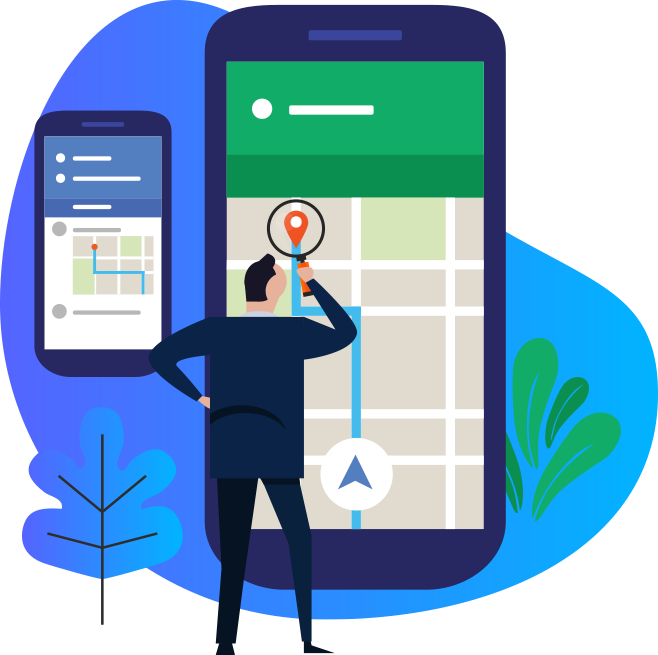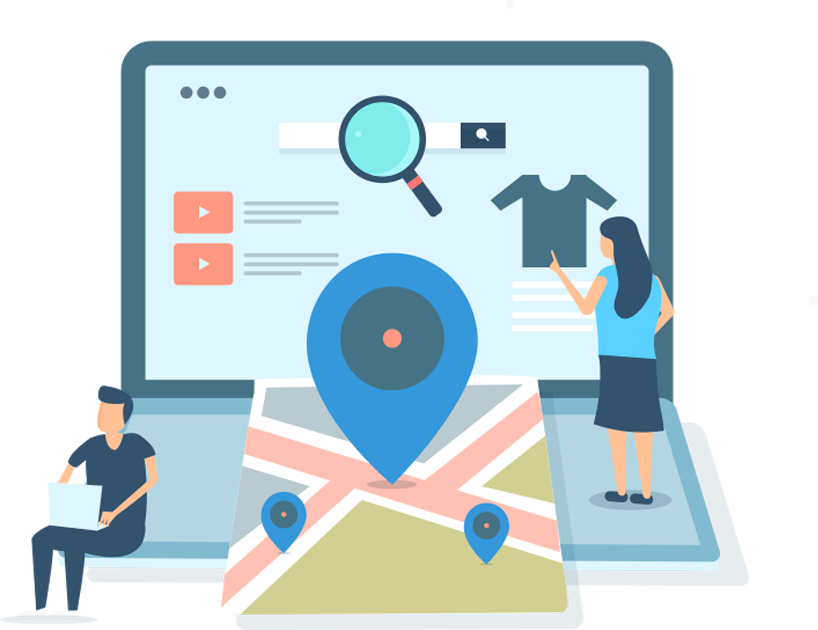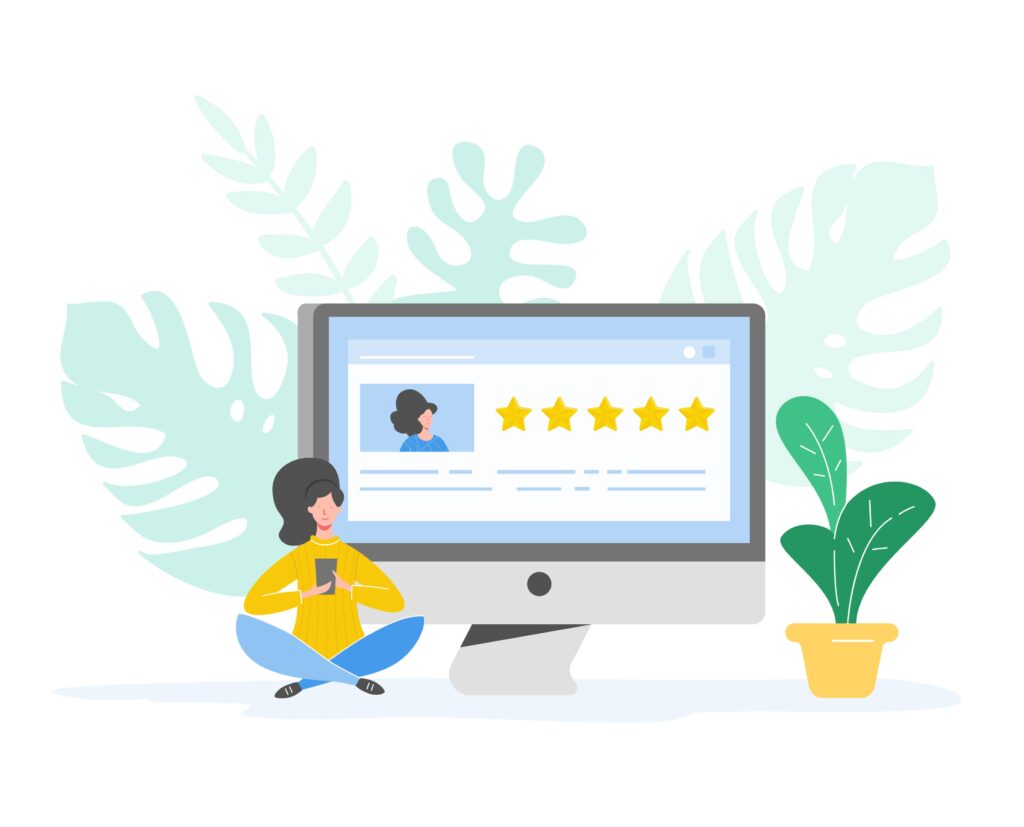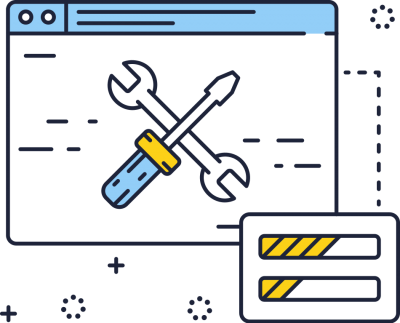- What’s the difference between SEO and local SEO?
Search engine optimization or SEO is the practice of getting your content to rank organically on specific keywords or phrases on search engines like Google. The higher the result of your website on the search engine results page, the more likely people will click on your site and check out your products and services.
Local SEO does the same thing, but targets location-specific keywords that could attract potential customers near the vicinity of your business. This can produce a higher volume of inquiries, in-store visits, and transactions. Local SEO is a subset of SEO as a whole, but they are two different strategies.
- Does my site really need local SEO?
The short answer is yes! For more context, these types of businesses generally benefit the most from local SEO:
- Those who are operating franchises or branches of an umbrella brand, like restaurants or malls
- Any brick-and-mortar business who wants to be discovered by their local neighborhood
The purpose of local SEO is to attract those who live near your business to come and take a look at what you offer. Most people turn to Google and other search engines to find the address of their favorite brands or discover new ones—so if you’re not on this modern era’s digital phonebook, you’re missing out on growing your consumer base.
Even if you primarily operate online, it would still be great to give your consumers an idea of where in the world you operate, such as your city or country.
- Can’t I do local SEO on my own?
Technically, yes, you can. There are a few strategies that you can implement on your own, but this would only be wise to do if you already have a lot of local SEO knowledge from the get-go. Most business owners are busy growing their brand on all fronts that it’s better to let the experts handle the nitty-gritty on stuff like these. Don’t worry, Spiralytics Agency is a capable partner in expanding your business in terms of its local footprint.
- How can I be sure that local SEO will bring value to my business?
To ensure that you’re really reaping the benefits of local SEO, we at Spiralytics Agency will be transparent enough to include reports of our efforts to clearly show the impact of our service to your site, focusing on real metrics and data you can track.
- Is local SEO a one-time thing?
Nope, it’s a continuous process. As a digital strategy, SEO is always changing. Google and other search engines are continually improving to make the online space a more helpful place for users. The job of our specialists here in Spiralytics Agency is to ensure that we adapt to these changes and implement any new strategies to your website.
- How long will it take for my listing in Google My Business to go live?
Due to the obvious impact of Google search, claiming your Google My Business listing is one of our top priorities. Once we’ve done this, Google needs to verify the listing. They’ll send over a postcard with a verification code that we’ll need to get your page live. Since this will arrive via snail mail, it can take around two to three weeks for it to get to you. One month is a reasonable timeframe.
- How soon can I start benefiting from local search?
As with any new strategy implemented, search engines need to first crawl your site and index all the entries. There’s no set time frame for this, but there will be a steady uptick in a few months from the time of implementation. Local SEO takes time to manifest, but the results are worth it.
- How involved will I be in this process?
We will always run by our recommendations with you and give you the down low on what we want to happen for your brand, but you don’t have to stress about the technical details or the small stuff. We aim to work professionally with you, heeding your advice as a business owner, but also exercising our line of expertise as we provide you with stellar service.
If you don’t find your question here, feel free to contact us. We’ll be happy to set up a quick chat with you to go over any other concerns.













